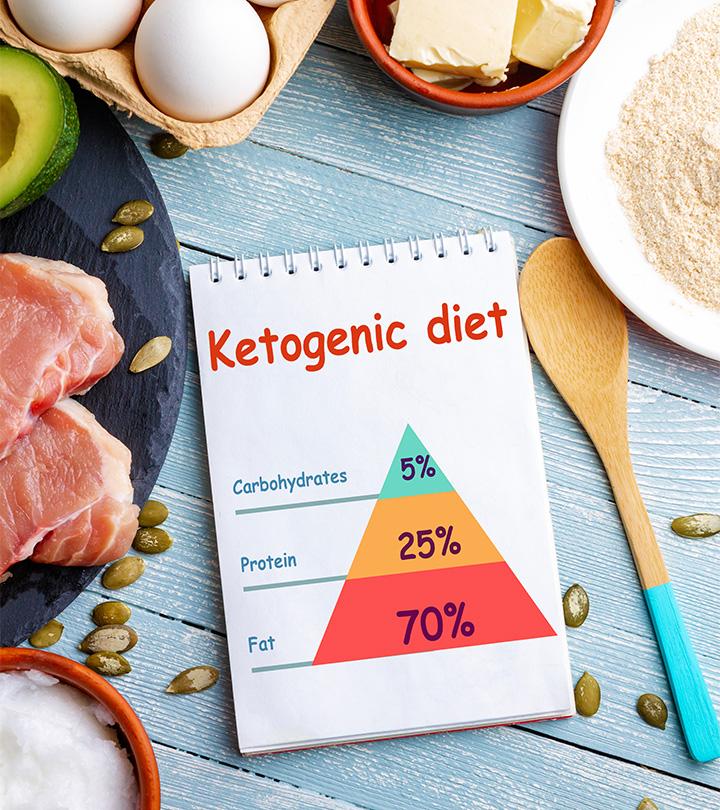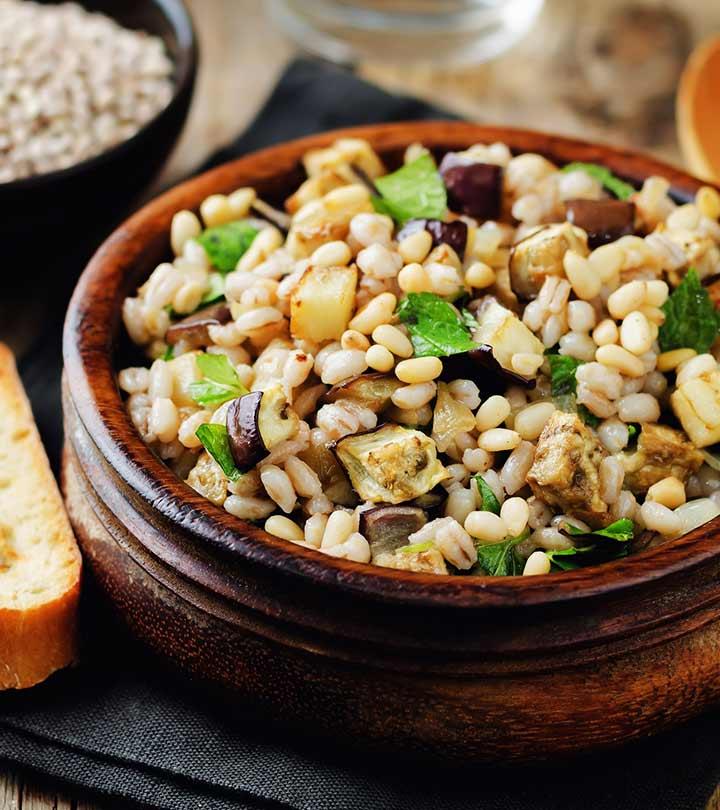9 Proven Ways To Fix The Hormones That Control Your Weight

Image: iStock.com
You’ve gone on several crash diets. You’ve done all kinds of exercises. You’ve even read Rujuta Diwekar’s books from cover to cover to uncover celebrity weight loss secrets – but to no avail. But what you didn’t try was controlling your hormones to lose all that fat. The truth of the matter is, your hormones play a major role in controlling your weight as they are responsible for all those hunger pangs, your appetite, as well as the amount of fat your body stores. Here’s how you can get those wild hormones in control and your weight back to normal.
1. Insulin
The main function of this hormone (that is produced by your pancreatic glands) is to help your cells in the processing of sugar so that it can convert it to energy. Unfortunately, insulin is also responsible for the storage of fat in your body. So, if you want to lose weight, you will have to cut down on your sugar intake. This will help you maintain the optimal insulin level (1).
2. Leptin
The fatty cells in your body secrete the hormone leptin, whose function is to control your appetite by transmitting signals to the hypothalamus of your brain. In certain cases (such as an inflamed hypothalamus or increased insulin levels), your body may turn resistant to this hormone, thereby increasing your appetite, and consequently, your weight. To fix this, you will need to curb the amount of fatty, sugary food you consume, as well as exercise every day.
3. Ghrelin
This is another hormone that interacts with the hypothalamus of your brain and tells you when you should eat. However, calamity strikes when the level of this ‘hunger hormone’ decreases and your body does not understand when it should eat and when it should not. It’s almost like driving without traffic lights. The best way to get your ghrelin levels back to normal is to limit your protein intake.
4. Cortisol
This one is widely known as the ‘stress hormone’ and is the reason you end up seeking comfort in excess amounts of fatty food whenever you are stressed. It is secreted by your adrenal glands. You need to prevent the excess production of cortisol if you want to keep your weight in check. Try getting as much as rest as possible, including a good night’s shut-eye, as well as your daily dose of calories to prevent stress.
5. Estrogen
Whether your estrogen levels are way higher than normal or way lower, you can put on extra pounds. Produced by your ovaries, if you want to normalize your estrogen secretion, you will need to increase your fiber intake as well as eat more of cruciferous vegetables, such as cauliflower, cabbage, broccoli, etc.
6. Neuropeptide Y
More than a couple of hormones are responsible for your appetite, and neuropeptide Y or NPY is one of them. Produced by your brain, the levels of this hormone increase whenever you fast or go through a phase of deprivation, such as having no time to eat due to a hectic schedule. You can bring down the levels of NPY by increasing the amount of protein you consume as well as eating at regular levels.
7. Glucagon-Like Peptide-1 (GLP-1)
Your stomach is responsible for the production of this hormone, and its main job is to keep your blood sugar levels in check. In fact, this is the hormone that tells you to stop eating by giving you that full to the neck with food feeling. But if your body does not manage to produce enough of GLP-1, you will be hungry all the time and wouldn’t know when to stop. To stabilize your GLP-1 levels, you should have as many protein-rich foods as you can, such as whey protein, fish, and yogurt. These foods will also help in improving your insulin sensitivity.
8. Cholecystokinin (CCK)
Along with GLP-1, CCK is also responsible for waving the red flag so that you know it’s time to put the fork down and the plate in the sink. You can boost the production of this hormone by including protein-rich portions in all of your meals along with healthy fats.
9. Peptide YY (PYY)
The last on our list is another hormone that controls how hungry you feel (2). This one too is produced by your gut, and low levels of PYY can wreak havoc on your weight. If you want to improve the levels of this hormone, you’ll need to have plenty of fiber and protein as well as follow a diet low on carbs.
As bitter a truth as it may be, there’s no magic pill that can miraculously help you lose all that baby fat. But with the combination of the right diet, the right exercises, as well as by fixing all the hormonal problems you face, you can be your fittest best.




























